Cellulitis is a common bacterial infection affecting the deeper skin layers. It may occur anywhere on the body, most frequently on the lower legs and feet. Early diagnosis and prompt treatment with antibiotics are crucial to prevent complications. This article explores what cellulitis is, its symptoms, causes, diagnosis, treatment options, and when it can be a cause for concern.
Who is Most Likely to Develop Cellulitis?
Individuals with compromised immune systems, diabetes, circulation problems, or a history of skin conditions like eczema are more susceptible. The following factors may increase the risk of developing cellulitis.
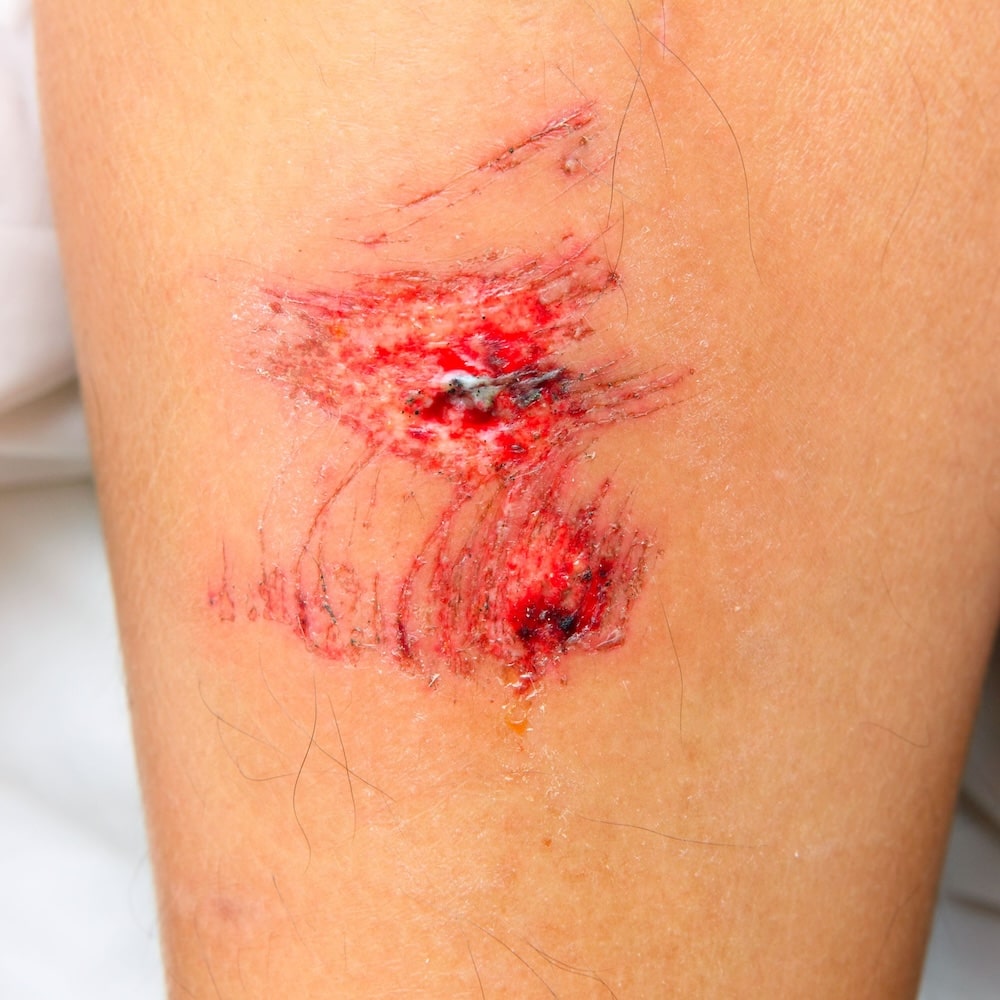
- Skin breaks: Cuts, scrapes, insect bites, or surgical wounds can provide an entry point for bacteria.
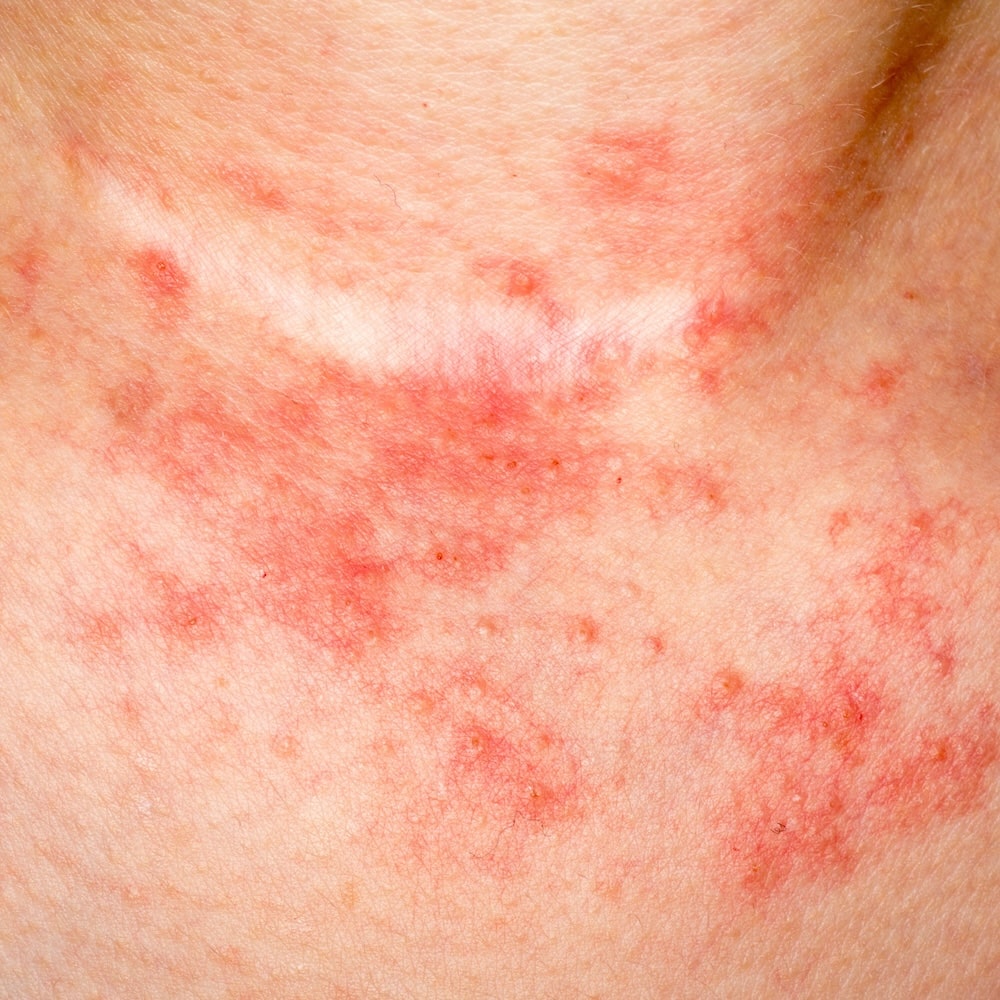
- Chronic skin conditions: Eczema, athlete’s foot, and chronic ulcers can increase susceptibility.
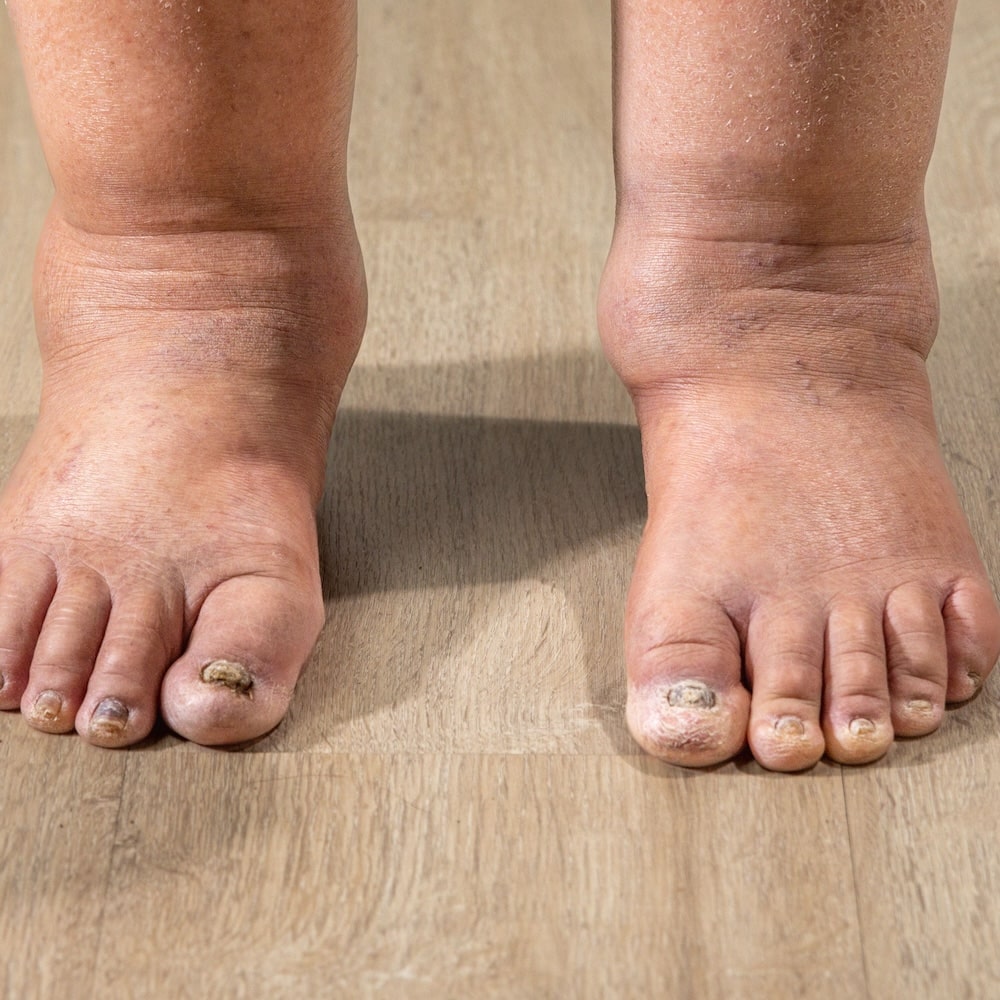
- Lymphoedema: This swelling caused by a blockage in the lymphatic system can make it harder to fight infection.
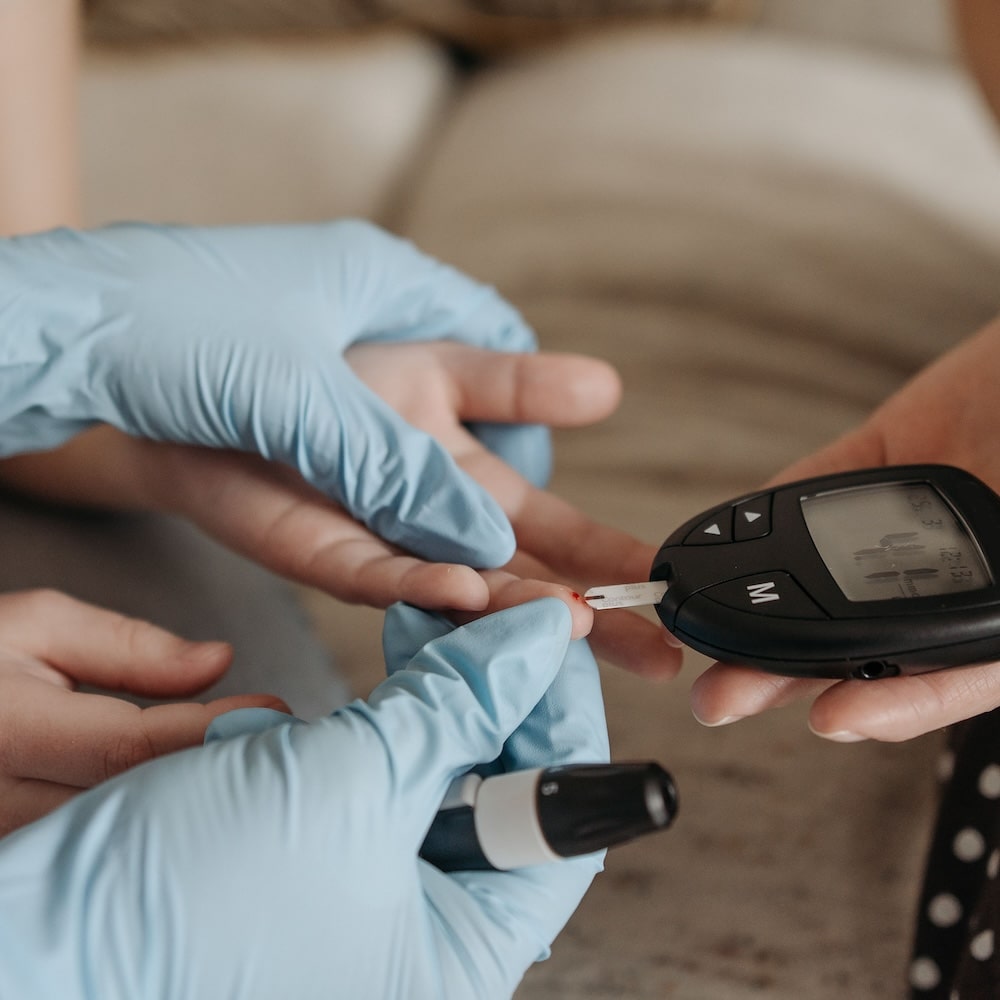
- Weakened immune system: Diabetes, chronic illnesses, and certain medications can compromise immunity.

- Obesity: Excess weight can impede circulation and increase infection risk.
What is Cellulitis: Causes and Symptoms
Cellulitis occurs when bacteria, primarily Staphylococcus and Streptococcus species, enter through cuts, abrasions, or insect bites. This condition may occur multiple times in the same body area due to lymphoedema, diabetes or peripheral vascular disease. Proper management of underlying medical conditions and prompt infection treatment can prevent recurrent cellulitis.
What Causes Cellulitis in the Legs?
Cellulitis in the legs can be caused by poor circulation, lymphoedema, or skin injuries. Untreated athlete’s foot or toenail fungus can also predispose individuals to leg cellulitis.
Factors contributing to the increased risk of cellulitis in the legs
- Reduced blood flow can impede the immune system’s ability to fight infection in the legs.
- Swelling caused by lymphatic system blockage can make it harder for the body to drain fluids and fight infection, leaving the legs susceptible.
- Minor cuts, scrapes, or chronic conditions like athlete’s foot or toenail fungus can create entry points for bacteria.
Common Symptoms of Cellulitis
Be aware of these common symptoms, especially if they appear on your legs

- Redness, swelling, and warmth
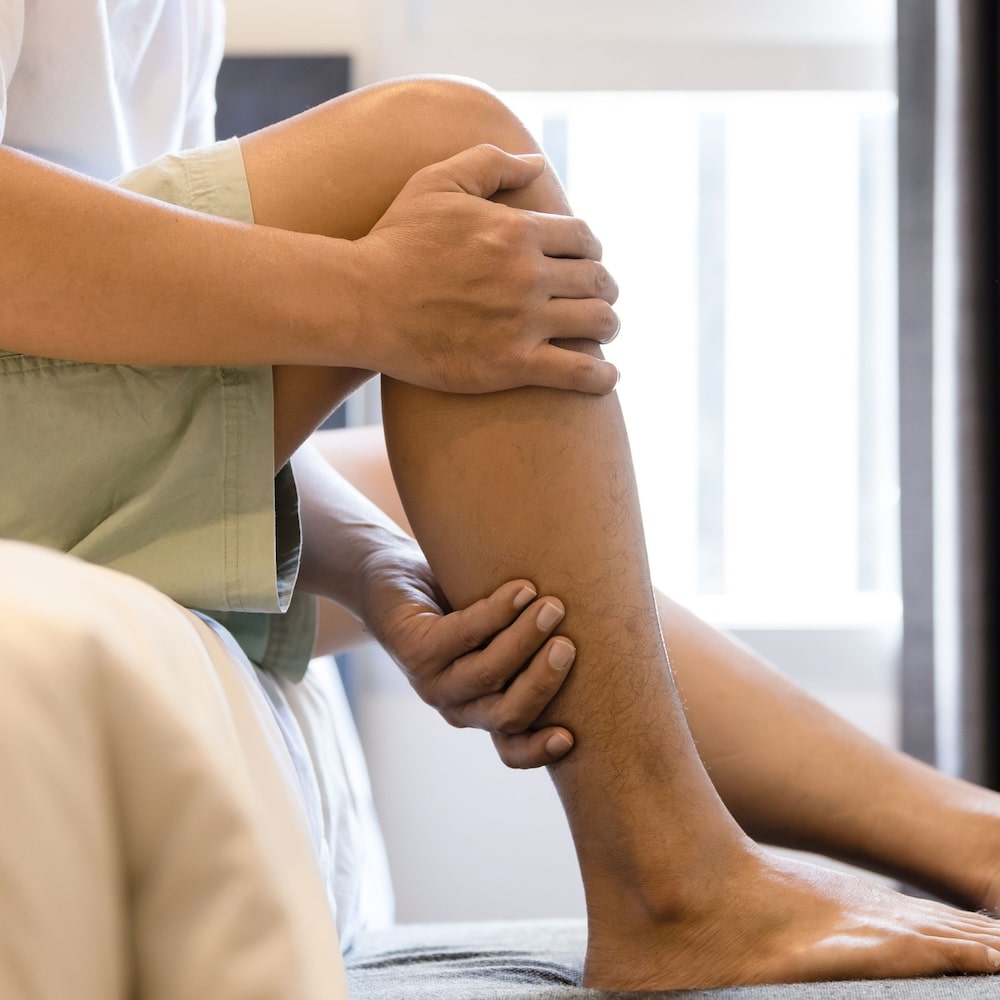
- Pain or tenderness
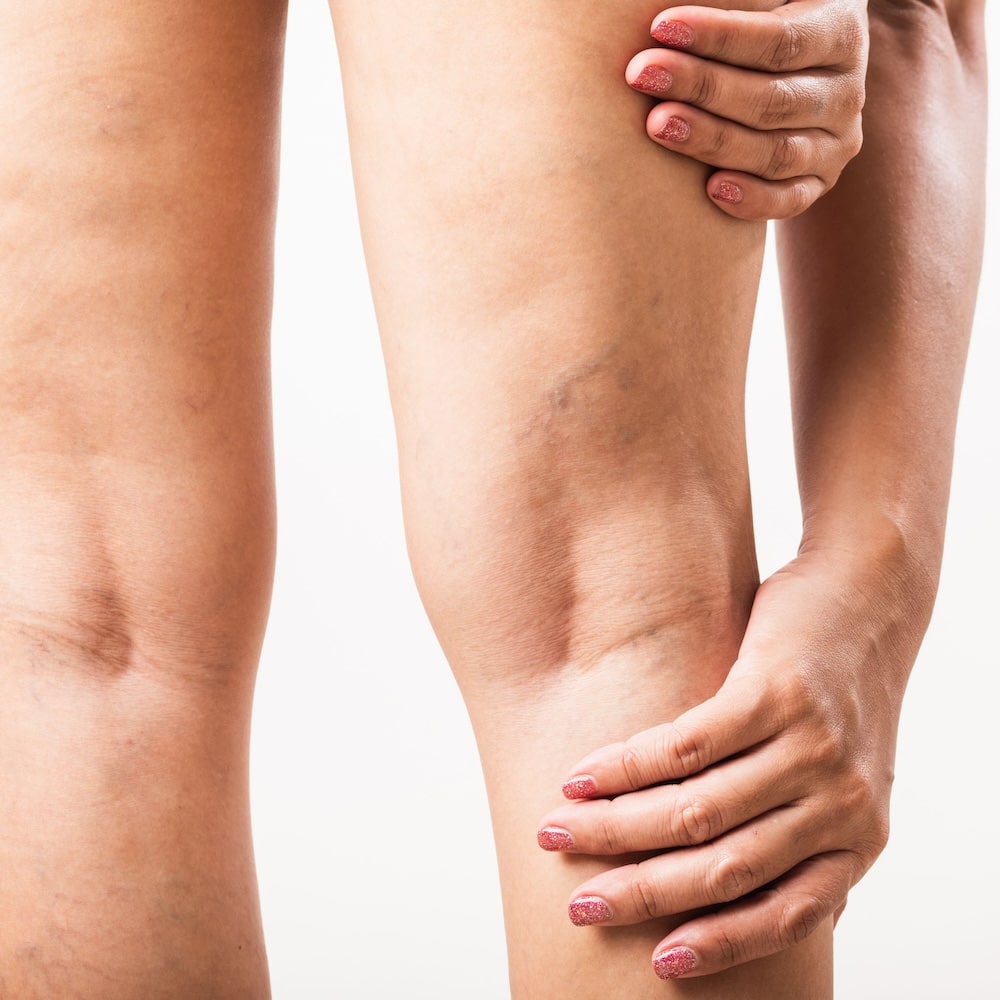
- Skin that feels tight or shiny
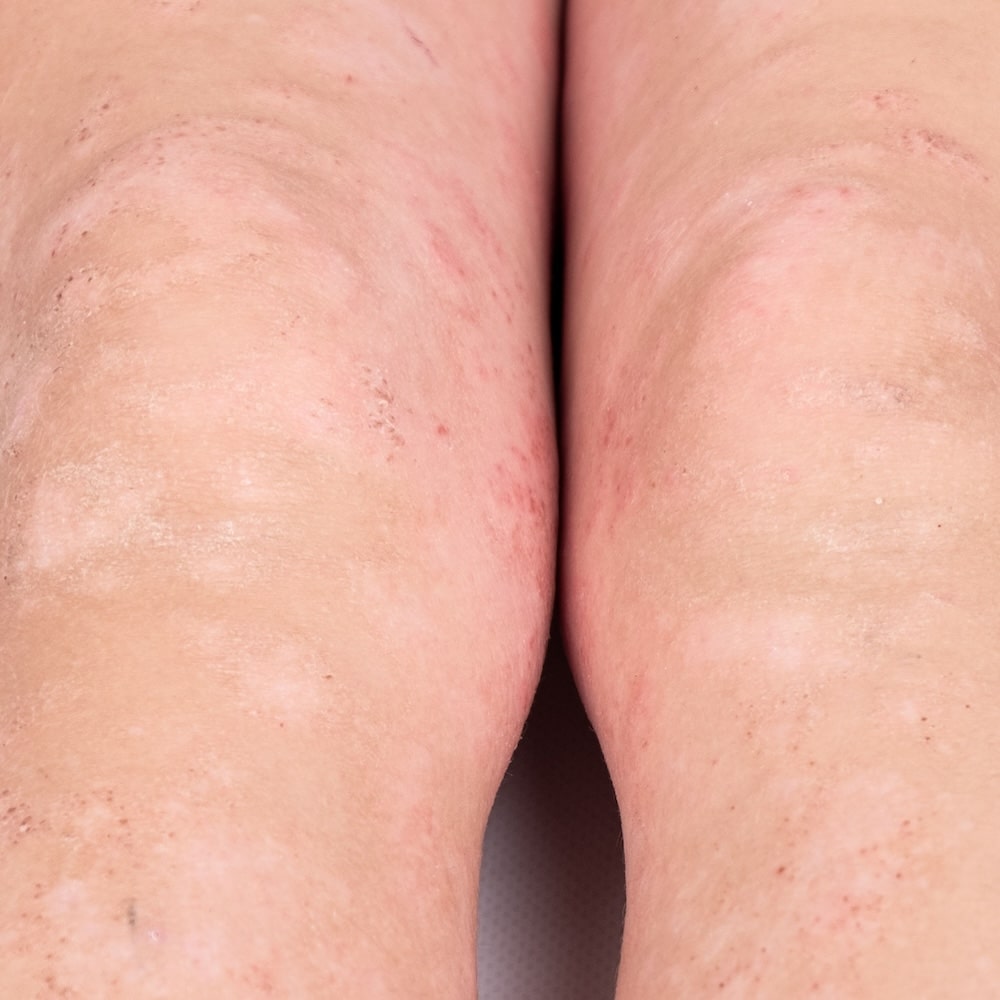
- A rash or blistering on the skin

- Fever, chills, and fatigue
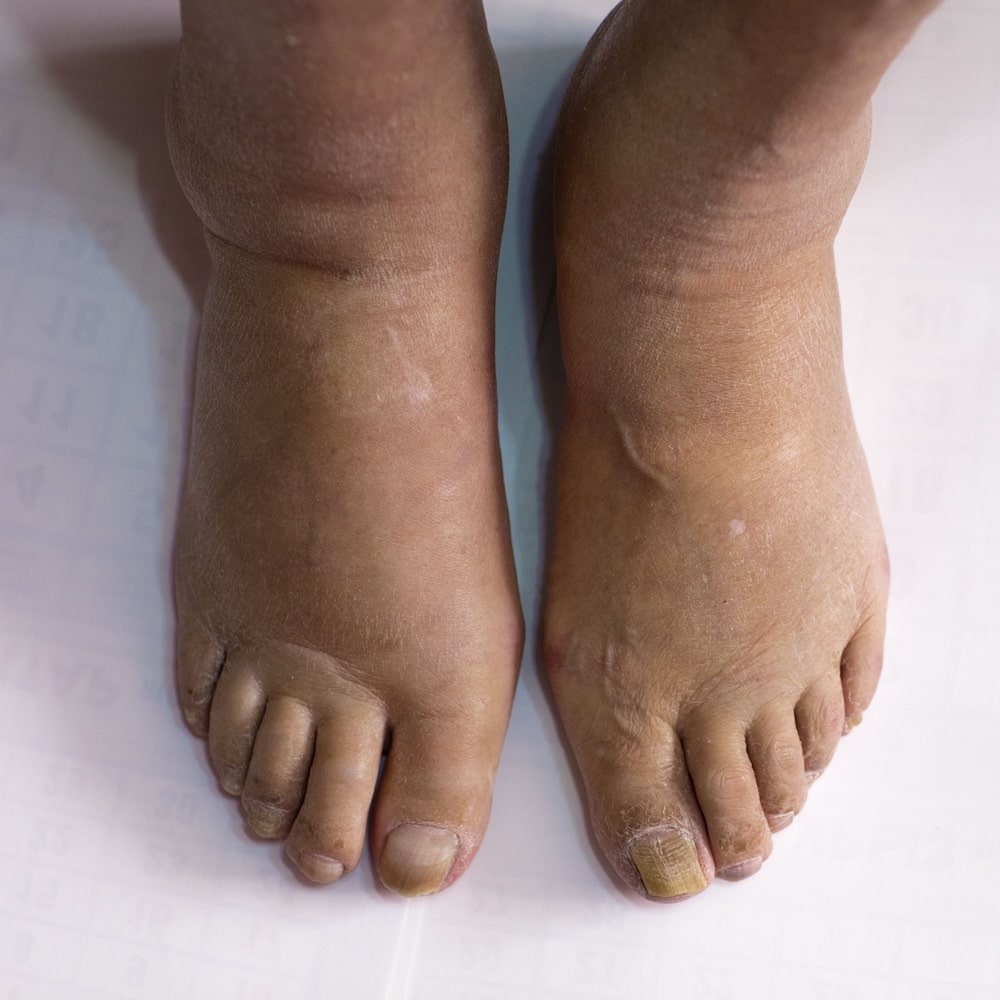
- Swollen lymph nodes
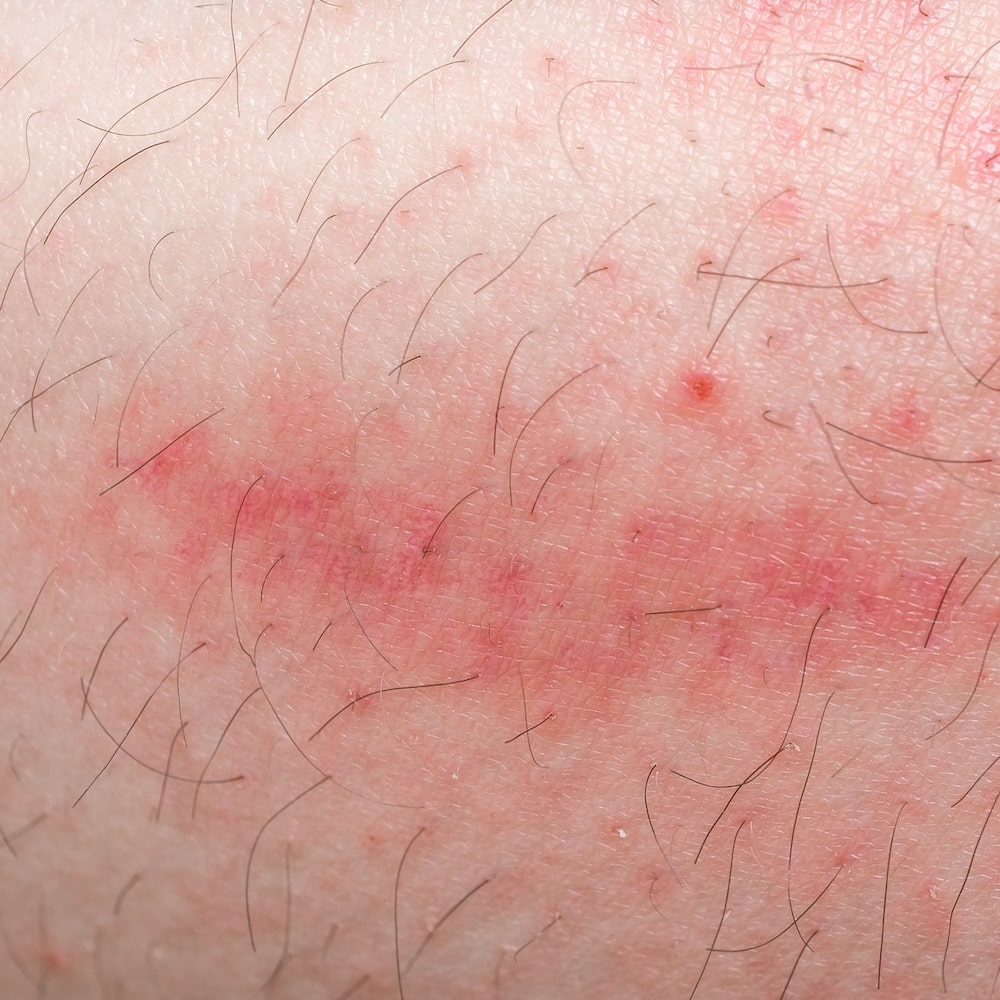
- Red streaking on the skin
If you experience these symptoms, consult our vascular specialists to receive a comprehensive assessment and effective treatment.
How is Cellulitis Diagnosed and Treated?
Diagnosis involves a physical examination, blood tests or imaging studies to assess the extent of infection.
Dr Tang Tjun Yip and Dr Julian Wong may recommend the following to manage symptoms and promote quick healing.

- Suitable choice of antibiotic depending on the severity and type of the bacteria

- Elevating the affected leg to reduce swelling

- Applying warm compresses to relieve pain and promote drainage of the infection

- Taking over-the-counter pain relievers to manage discomfort
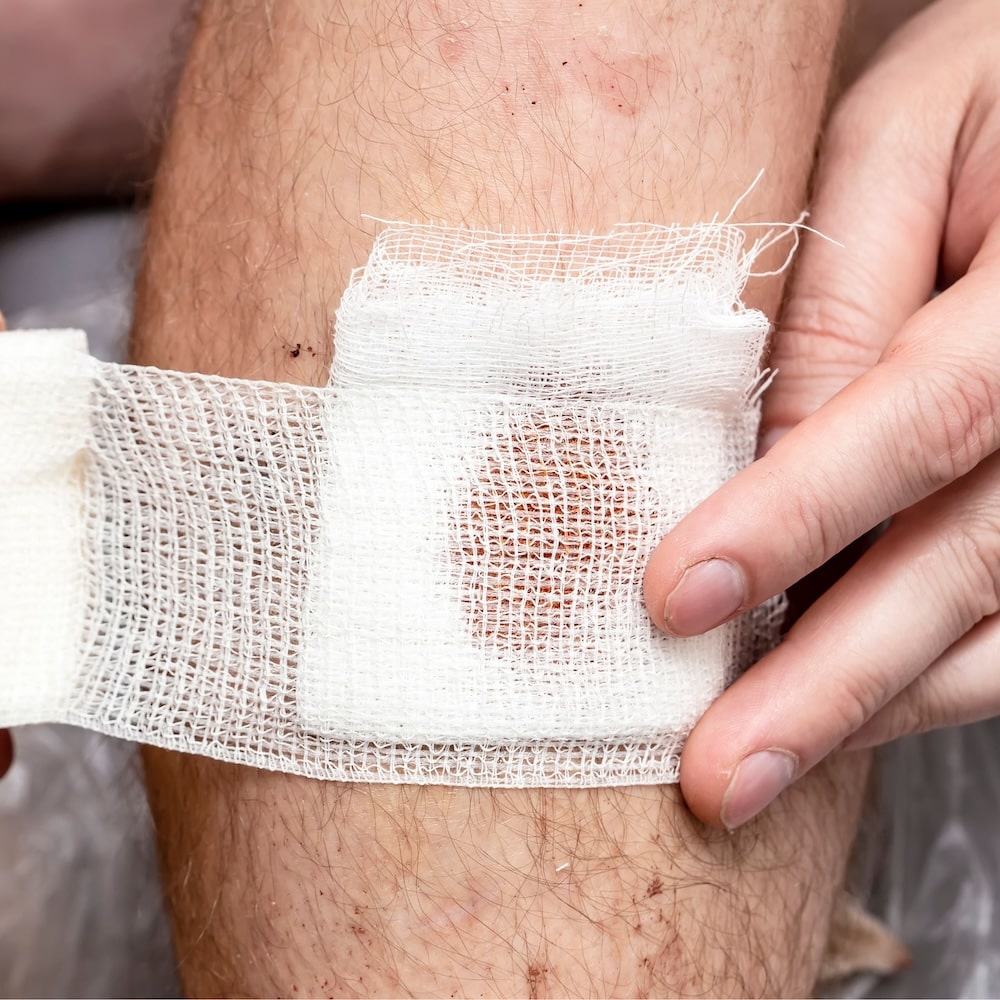
- Cleaning and dressing any wounds or ulcers that may have contributed to the infection
Our vascular specialists are trained and experienced in diagnosing and managing vascular conditions, including cellulitis. They can provide personalised guidance and care tailored to your infection’s severity and overall health.
For patients with severe infections and underlying health conditions that increase the risk of complications, hospitalisation may be necessary. Our vascular specialists will work closely with you to determine the best action for your case.
How Long to Treat Cellulitis: 3 Steps to Full Recovery
The duration of treatment varies based on factors like the severity of the infection and individual response, ranging from 5 to 14 days. It is crucial for full recovery to take all prescribed antibiotics for the entire course of treatment. Failure to complete the course of antibiotics may result in recurring cellulitis and contribute to antibiotic-resistant bacteria development.

1. See Our Vascular Specialists for a Diagnosis and Treatment Plan: Our doctors will assess the severity of your infection and prescribe the appropriate course of antibiotics.

2. Take Antibiotics as Directed: Complete the entire course of antibiotics, even if symptoms improve beforehand. This ensures complete eradication of the bacteria.
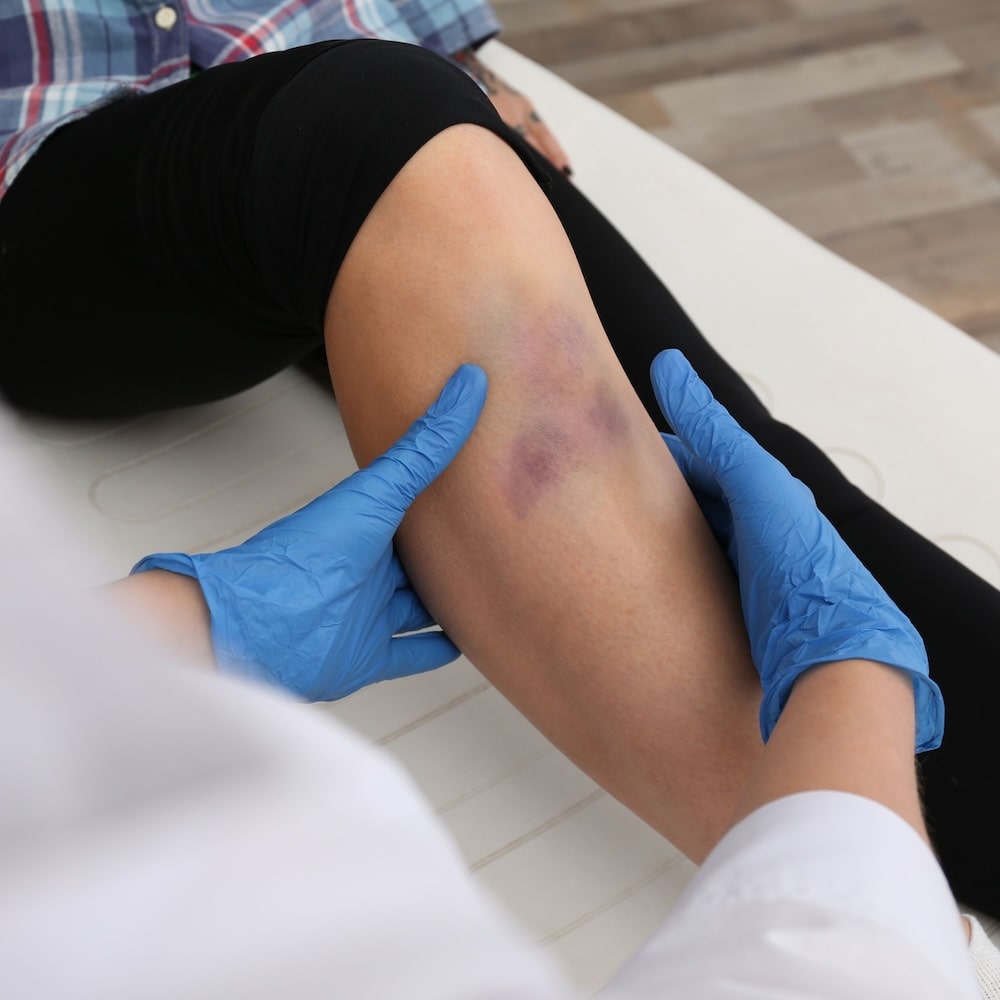
3. Monitor for Improvement and Follow-Up: Observe worsening symptoms or signs of recurrence. Schedule follow-up appointments with our doctors to monitor progress and ensure a full recovery.
When to Seek Medical Care For Cellulitis
“When to worry” is a common question when individuals experience symptoms of cellulitis. If left untreated, this condition may lead to severe complications like septic shock, lymphangitis and necrotising fasciitis. Early intervention can prevent these complications and facilitate faster recovery.
Seek help promptly when these symptoms persist.
- Red, swollen, and possibly tender patch that may feel warm to the touch
- Pain and Tenderness in the infected area
- Swelling causes the skin to feel tight and stretched
- Fever, Chills and fatigue
Preventing Complications and Recurrence: The Importance of Early Intervention of Cellulitis
Cellulitis occurs anywhere on the body, with the legs being particularly vulnerable. For patients with underlying conditions predisposing them to cellulitis, timely intervention prevents recurring cellulitis episodes and prevents complications, such as septic shock and necrotising fasciitis.
At the Vascular and Endovascular clinic, our dedicated vascular specialists, Dr Tang Tjun Yip and Dr Julian Wong offer comprehensive assessments, personalised treatment plans, and ongoing support to ensure optimal outcomes. We urge individuals experiencing symptoms of cellulitis to consult our specialists for safe intervention and effective management.









